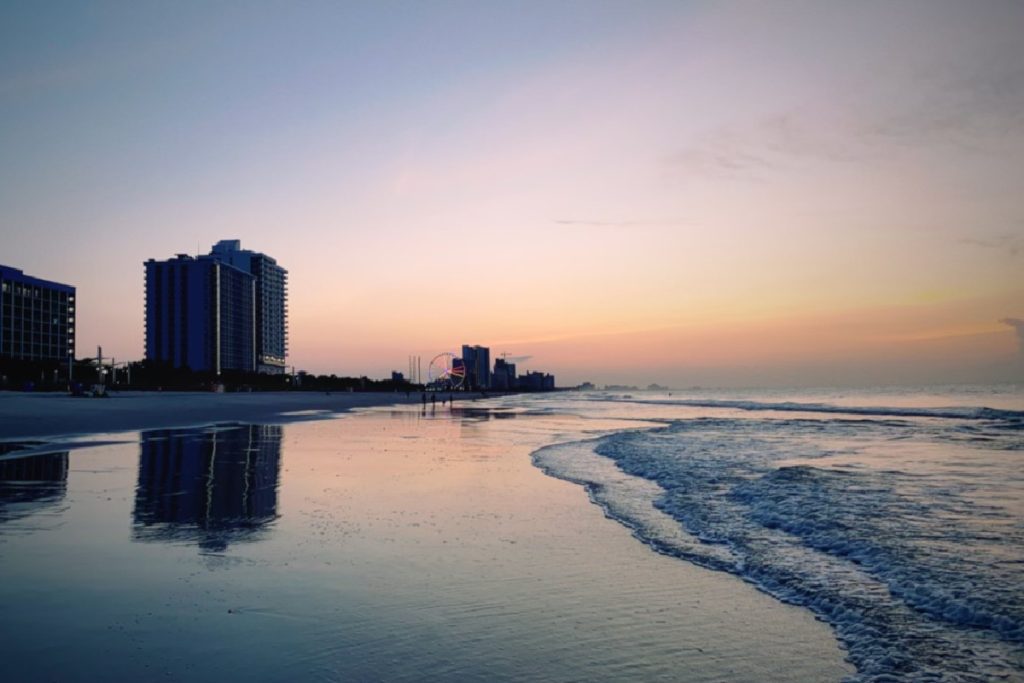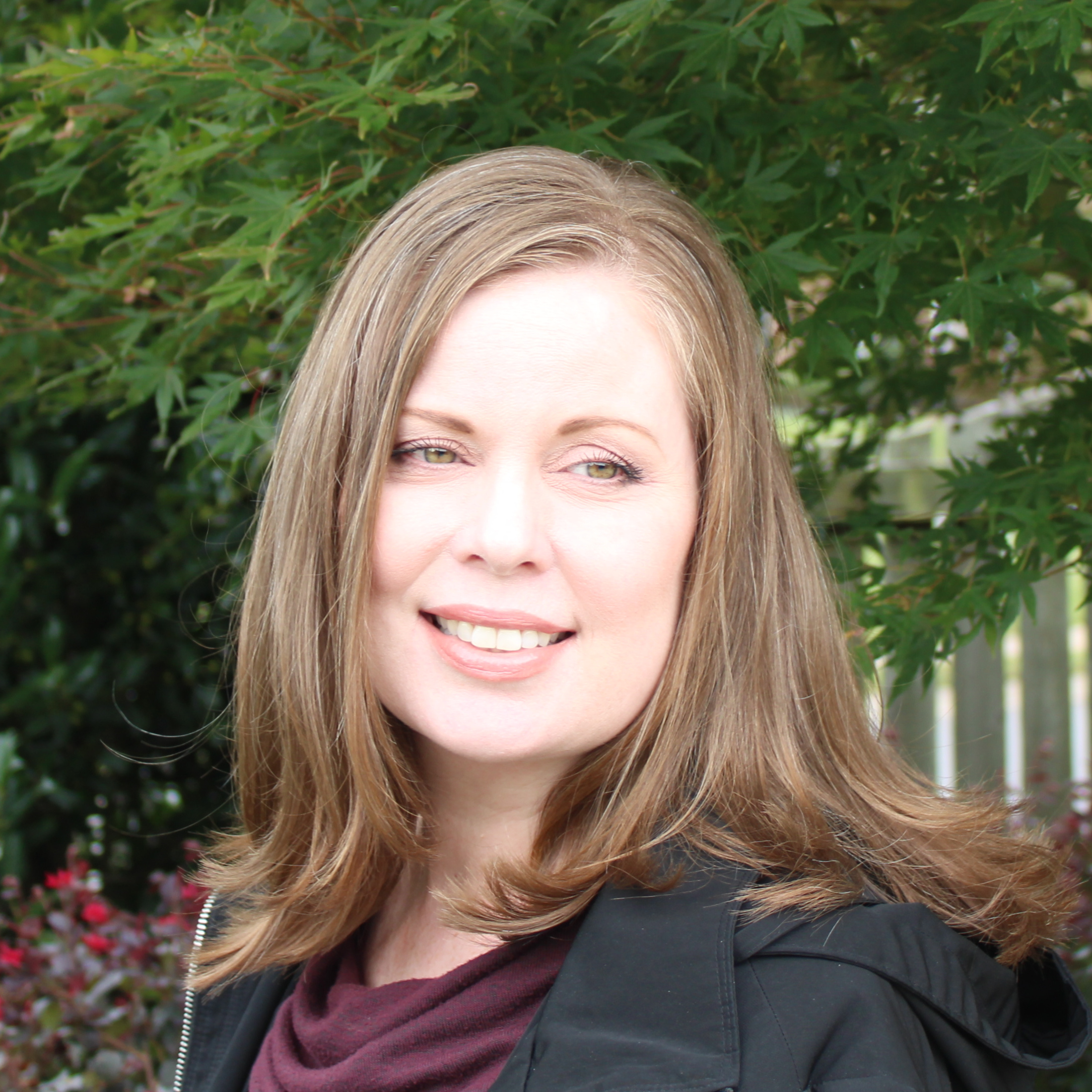Hurricanes. Tornadoes. Wildfires. Floods. Earthquakes.
When natural disasters strike, a path of widespread destruction is left in their wake, leaving people to pick up the pieces of their broken lives.
Perhaps you’ve lived through one of these catastrophic events. If you have, then you know.
You know how hard and how long it is to recover.
When I was eight, my family moved across the country. Everything we owned was in a moving truck.
During the cross-country trip, we woke up one morning to discover our moving truck had been stolen in the night and everything we owned was gone. We were left with nothing. Not because of a natural disaster, but because of a crime.
I know a little of what it’s like to start over again with nothing. Instead of moving into our own home, my family had to move in with my grandma until we could accumulate some basic necessities for living.

Grandma lived in a small town, and when folks heard about our plight, they would put bags of hand-me-down clothes and other household items on Grandma’s front porch, ring the doorbell, and leave. Even though I literally had nothing to wear other than one or two changes of clothing, I hated sorting through those bags. I’d find dirty clothes with stains and holes. Sometimes I’d even find a sock without a match.
One day a lady came to the front door with a box of dishes. She sounded so cheerful. She said she heard we didn’t have any dishes, and she had just bought a new set herself, so she didn’t need her old dishes anymore. She was so happy someone could use her old dishes. It must have been God’s special timing, she said, that she happened to buy new dishes that week. She handed my mom the box of old dishes and left.
I followed my mom as she carried the box to Grandma’s kitchen table. When she pulled out a plate, I must have grimaced. They were the ugliest dishes I’d ever seen. My mom never said a word. She set them on the table, walked to her borrowed bedroom, and closed the door. I could hear her crying on the other side.
We were pretty squeezed in Grandma’s tiny two-bedroom house. Eventually we were able to move into a rental, but for the next two years, we ate off those dishes.
I hated every meal.
They reminded me of our poverty. We couldn’t afford to buy new dishes, not when so many other basics were needed.
I sometimes wondered about the woman who gave us her old dishes. She must have had an entire home full of possessions she selected herself, while our home was an odd mishmash of donations.

What if she had given us, a family with nothing, her new set of dishes instead of her old ones?
How might that have brightened an otherwise dreary day every time we sat down for dinner?
In the early church, many believers knew the sting of poverty. And it was about this time that James wrote his letter, encouraging believers to put their faith into action. James says it’s not enough to tell someone in need, “I wish you well,” but then do nothing for their physical needs (James 2:16). Because true faith is evidenced by caring deeds.
This week Hurricane Ian hit Florida hard. No doubt many families will be left with nothing. I’m sure there will be organizations that will help, which is great. But whenever something like this occurs, it reminds me of the time when I was on the receiving end of such help. Some of that help was beautiful and received as a gift. But some of the “help” merely added to the pain.
And so I am reminded once again: When we put our faith into action, let’s do so with generous hearts.
Let’s not “give” our unwanted junk to other people. Let’s emulate our heavenly Father, and let’s be givers of good gifts.
Because the most important gift we could ever give another human being is dignity.
Selah.


